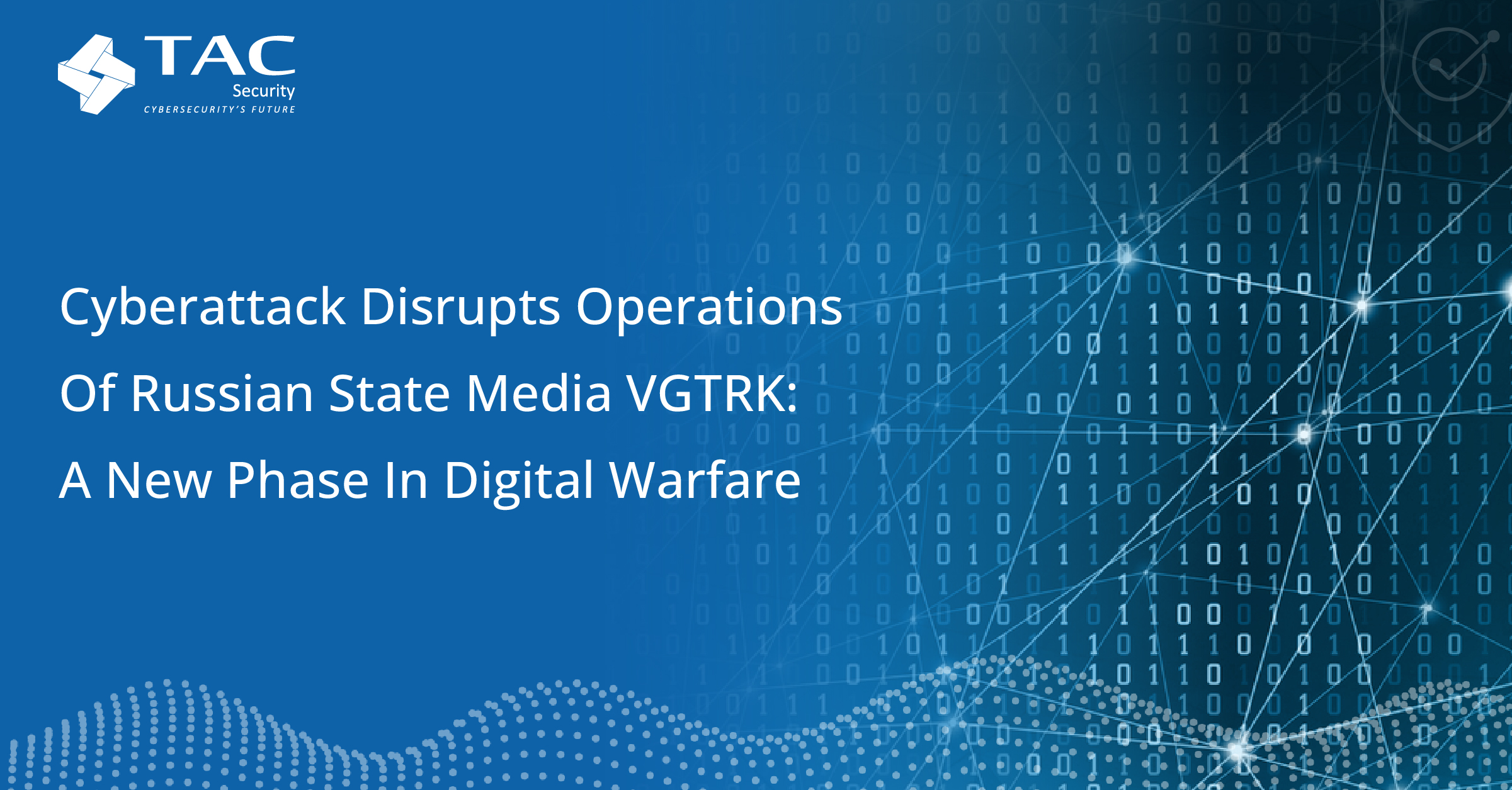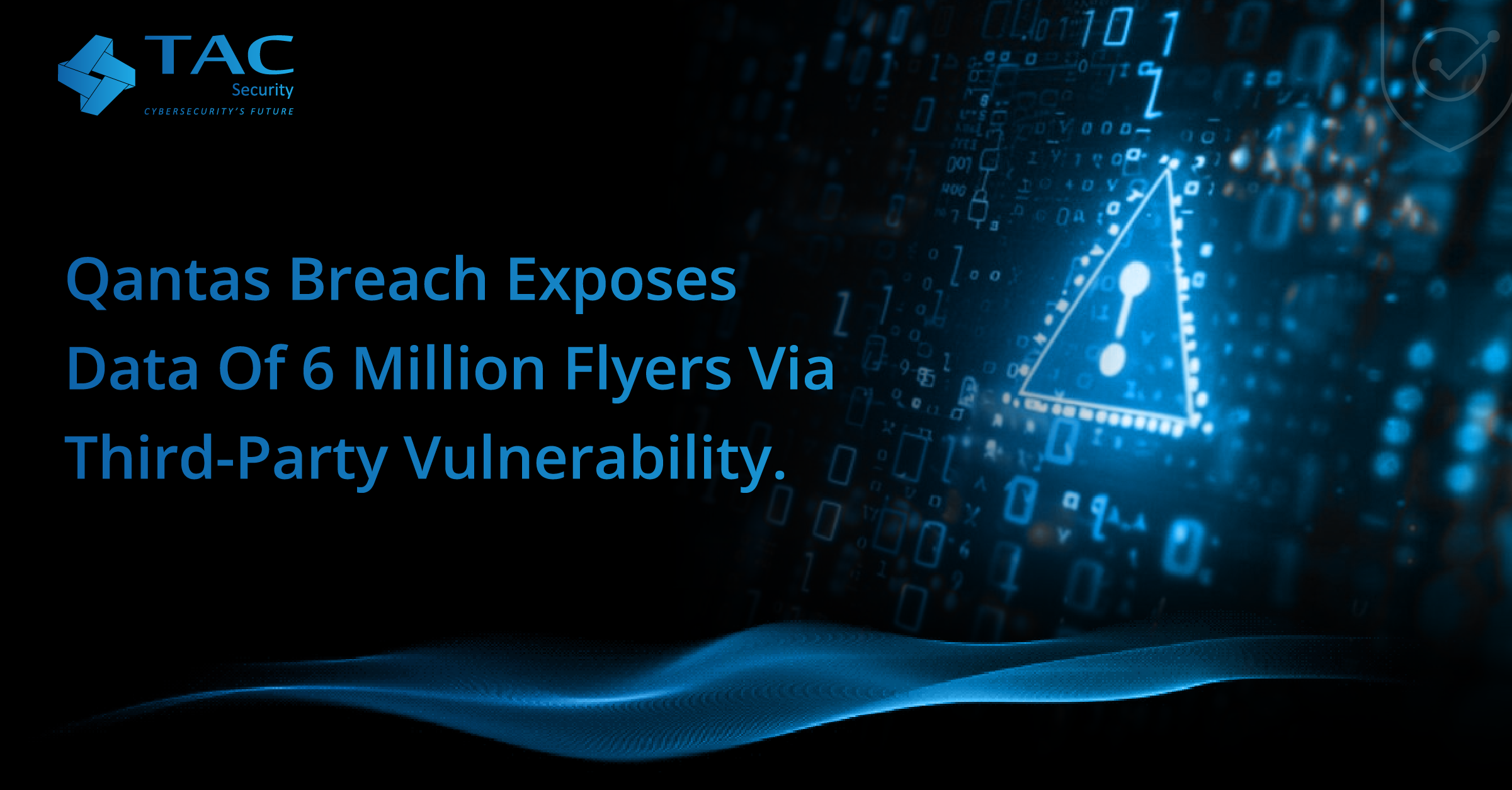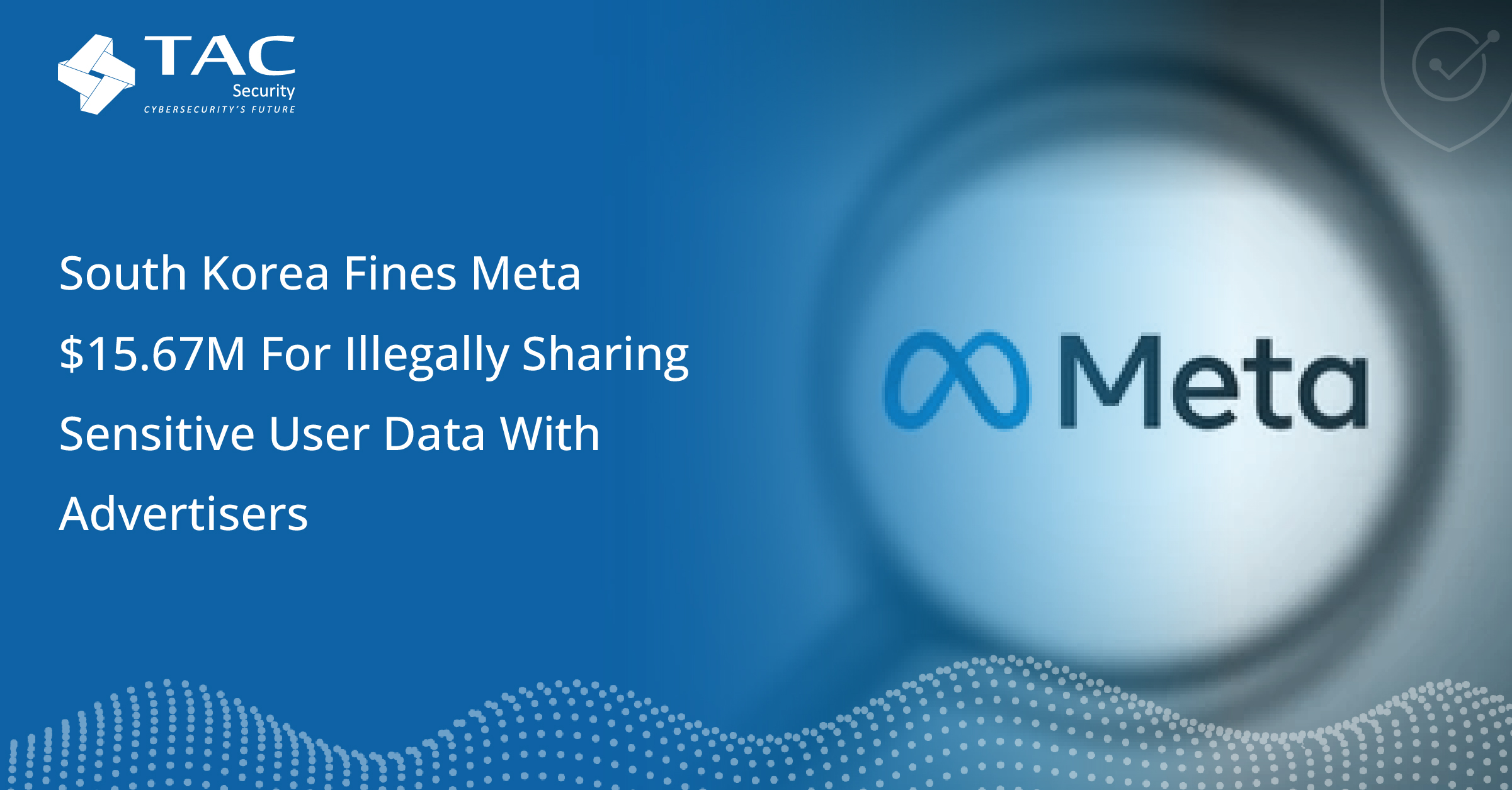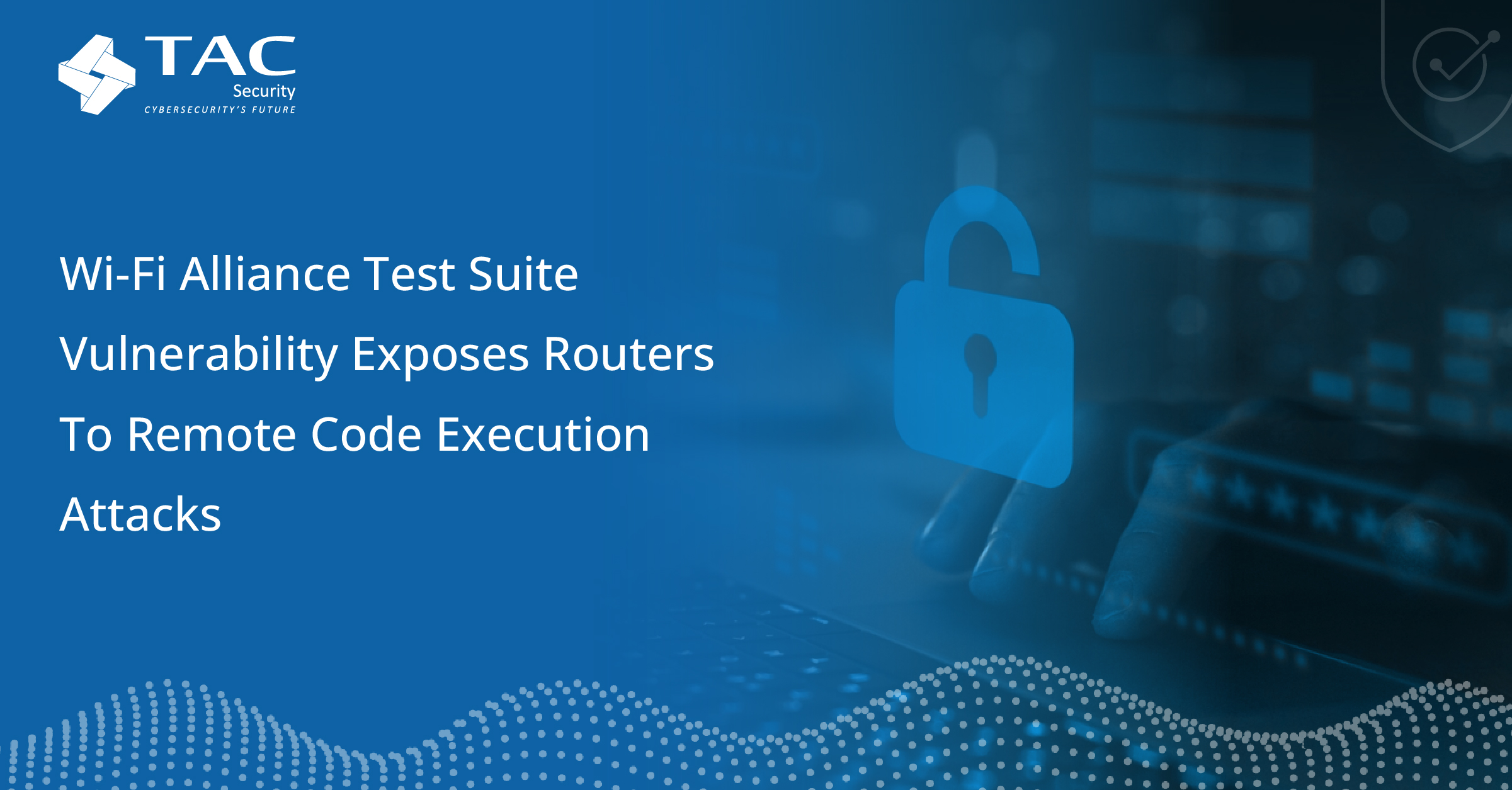Cyberattack Disrupts Operations of Russian State Media VGTRK: A New Phase in Digital Warfare

On 7th October 2024, Monday, the Russian state television and radio broadcasting company VGTRK confirmed it was targeted by a significant cyberattack that disrupted its operations. This incident marks a notable escalation in the ongoing cyber warfare between Ukraine and Russia, reflecting the shifting tactics employed by both sides.
Nature of the Attack
While a VGTRK spokesperson initially downplayed the impact, stating that the attack did not cause significant damage, local media reported that several VGTRK channels—including prominent outlets Russia 1 and Russia 24—experienced interruptions during live broadcasts. Viewers noted that programs were abruptly cut off, with transmissions resuming nearly an hour later. This disruption raises concerns about the security of state-controlled media in Russia, which plays a crucial role in shaping public perception.
An anonymous source within VGTRK revealed to Gazeta.ru that hackers had erased data from the company’s servers, including crucial backups. This claim, although not independently verified, underscores the severity of the incident. As VGTRK operates major national and regional channels, the attack could have wide-reaching implications for information dissemination in Russia.
Government Response
Russian presidential press secretary Dmitry Peskov confirmed the cyberattack and indicated that an investigation is ongoing. Meanwhile, Maria Zakharova, a representative of the Ministry of Foreign Affairs, characterized the attack as part of a broader “hybrid warfare” strategy employed by the West against Russia. She suggested that this aligns with Western efforts to inflict a strategic defeat on Russia, asserting that media attacks are integral to this agenda. Zakharova stated that Russia plans to raise the issue internationally, including with organizations such as the United Nations and UNESCO.
Attribution and Background
The pro-Ukrainian hacktivist group Sudo rm-RF has claimed responsibility for the attack on VGTRK. Since March 2022, this group has been conducting cyberattacks against major Russian companies and leaking sensitive data. Their past victims include RuTube, the Skolkovo innovation center, and various medical institutions, demonstrating a consistent strategy of targeting entities linked to the Russian state.
The emergence of hacktivist groups like Sudo rm-RF highlights a new dimension of cyber conflict, where non-state actors play a significant role in shaping the narrative and operational capabilities of both sides in the conflict.
Escalating Cyber Warfare
This incident is part of a broader trend in which cyberattacks on media outlets have become increasingly common amid the ongoing conflict. In previous months, we have seen similar tactics employed by both Ukrainian and Russian hackers. For example, in April, pro-Russian hackers successfully breached Starlight Media in Ukraine, broadcasting Russian advertisements and propaganda. Last July, two Ukrainian radio stations were hacked to spread false messages about President Volodymyr Zelensky’s health, aiming to create panic and disinformation among the public.
The use of cyberattacks not only disrupts operations but also seeks to undermine trust in media institutions, making information a battleground in its own right. The combination of cyberattacks with disinformation campaigns complicates the landscape, as audiences may struggle to discern truth from manipulation in a rapidly evolving digital environment.
Implications for the Future
As tensions between Ukraine and Russia continue to rise, the digital landscape will likely remain a critical front in this conflict. The recent cyberattack on VGTRK serves as a reminder of the vulnerabilities inherent in state-controlled media and the increasing sophistication of cyber warfare tactics.
The international community will be closely monitoring these developments, as they raise important questions about the security of information, the role of media in wartime, and the implications for global cyber norms. As both sides refine their strategies, the impact of such attacks will likely extend far beyond immediate disruptions, shaping public perception and policy decisions in the months to come.





